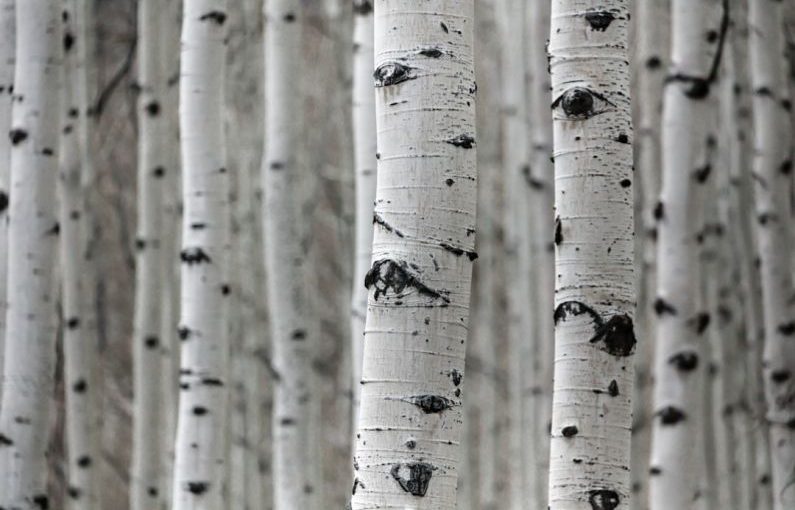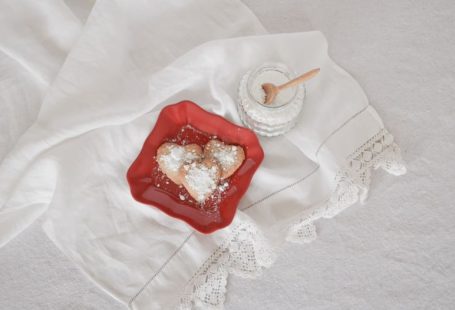Birch syrup, a lesser-known but equally delightful cousin of the more ubiquitous maple syrup, is a sweet and unique treat that has been enjoyed for centuries in Northern regions. Made from the sap of birch trees, this amber liquid offers a distinct flavor profile that sets it apart from other sweeteners. Let’s delve into the fascinating world of birch syrup and discover why it is considered a northern delight.
The Art of Birch Syrup Production
Harvesting birch sap is a labor-intensive process that requires patience and skill. Unlike maple trees, which produce sap in abundance, birch trees yield a much smaller quantity of sap, making the collection process more challenging. The sap is collected in the early spring when the temperatures fluctuate between freezing at night and above freezing during the day. This temperature variation creates the pressure needed to push the sap up from the roots to the branches, where it can be tapped.
Once the sap is collected, it is boiled down to concentrate the sugars and create the syrup. Birch syrup has a lower sugar content than maple syrup, which means it takes significantly more sap to produce the same amount of syrup. The boiling process is delicate, as birch sap can easily burn if not monitored closely. The end result is a rich, complex syrup with a flavor profile that is simultaneously sweet and savory, with hints of caramel and smoke.
The Unique Flavor Profile of Birch Syrup
One of the most intriguing aspects of birch syrup is its unique flavor profile. While maple syrup is known for its straightforward sweetness, birch syrup offers a more complex taste experience. The flavor of birch syrup can vary depending on the species of birch tree, the terroir in which it is harvested, and the skill of the syrup maker.
Some describe birch syrup as having a slightly bitter undertone, reminiscent of molasses or dark caramel. Others note a smoky or woody flavor that adds depth to the sweetness. Birch syrup is less cloying than maple syrup, making it a versatile ingredient that can be used in both sweet and savory dishes. Its rich, earthy taste pairs well with meats, cheeses, and vegetables, adding a touch of sweetness and complexity to a wide range of dishes.
The Health Benefits of Birch Syrup
In addition to its unique flavor, birch syrup also offers several health benefits. Unlike refined sugars, birch syrup retains some of the vitamins and minerals present in the sap, including potassium, calcium, and magnesium. Birch syrup is also lower on the glycemic index than many other sweeteners, making it a better option for those watching their blood sugar levels.
Furthermore, birch syrup contains antioxidants that can help reduce inflammation and protect against chronic diseases. Its natural composition and minimal processing make birch syrup a healthier alternative to artificial sweeteners and high-fructose corn syrup. Incorporating birch syrup into your diet can not only satisfy your sweet tooth but also provide a range of nutrients that support overall health and well-being.
Exploring the Culinary Uses of Birch Syrup
Birch syrup’s complex flavor profile and health benefits make it a versatile ingredient in the kitchen. It can be used in a variety of ways, from drizzling over pancakes and waffles to glazing meats and vegetables. Birch syrup can also be incorporated into marinades, dressings, and desserts, adding a unique twist to familiar recipes.
Its savory-sweet taste makes birch syrup a perfect accompaniment to cheese plates, charcuterie boards, and roasted dishes. The smoky notes of birch syrup enhance the flavors of grilled meats and vegetables, creating a depth of flavor that is sure to impress your guests. In baking, birch syrup can be used as a substitute for other sweeteners, adding a rich and complex flavor to cookies, cakes, and pastries.
Embracing Birch Syrup as a Northern Delight
In conclusion, birch syrup is a hidden gem of the Northern regions, offering a unique flavor experience and a range of health benefits. Its complex taste profile, versatility in the kitchen, and cultural significance make birch syrup a truly special ingredient that deserves more recognition. Whether you are a seasoned food enthusiast or simply curious to explore new flavors, birch syrup is a northern delight that is sure to captivate your taste buds and elevate your culinary creations.





